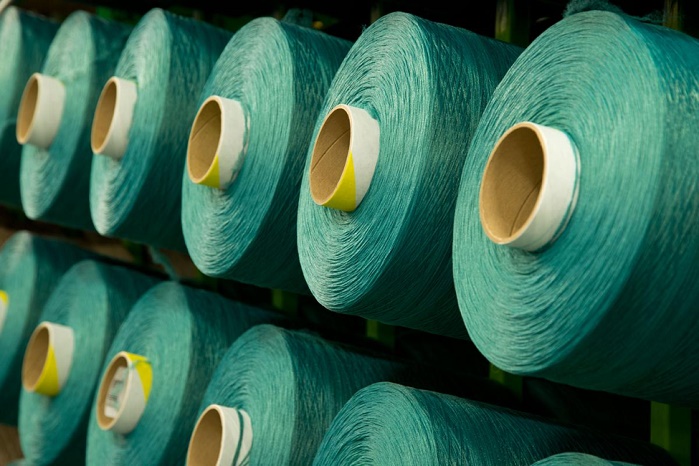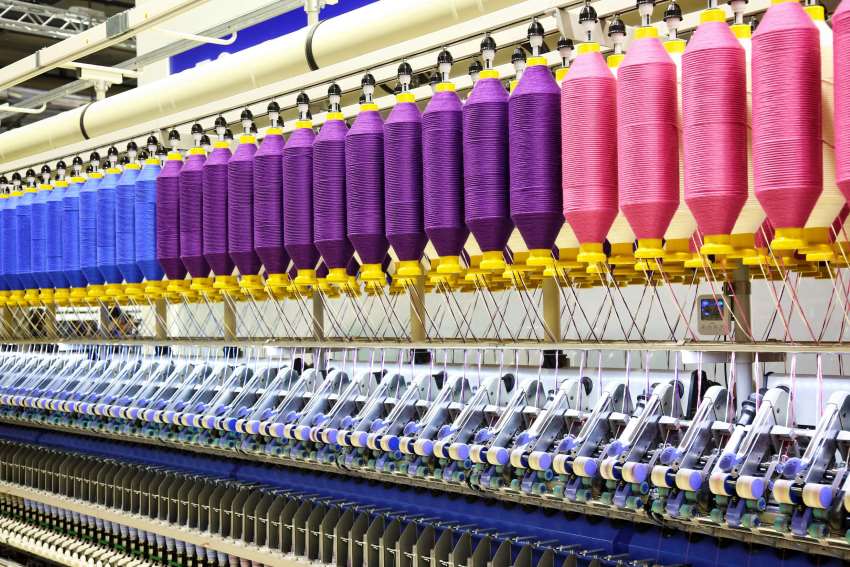The export of textile waste and used clothing from the EU to countries such as Pakistan has increased due to fast fashion trends. In 2021, 46 million USD worth of used clothing was exported from the EU to Pakistan.
This lack of distinction between textile waste and second-hand clothing, along with the lack of regulations, has caused the rise of textile waste in landfills and an increase in GHG emissions and unsustainable water consumption.
The EU is now promoting textile circularity and regulating the export of textile waste. Pakistan has a large resale market for secondhand clothing and has the potential for recycling and redesigning used textiles. The introduction of recycling plants for recycled Polyester Staple Fiber (rPSF) has the potential to uplift the industry.
The EU's strategy for sustainable and circular textiles will greatly transform the textile production patterns in Pakistan and drive fast fashion out of fashion. The EU's strategy requires the industry to adopt resource-efficient processes and circular business models, with a focus on eco-design and recycling of used textiles. This will require skilled labor, efficient policies, and technical progress for recycling and treatment of used clothes.
The EU's stricter regulations will require tracking the origin of all textiles, and mandatory requirements for the second life of used textiles. The shift towards recycled secondhand textile products will ultimately help decouple textile waste generation from growth.












